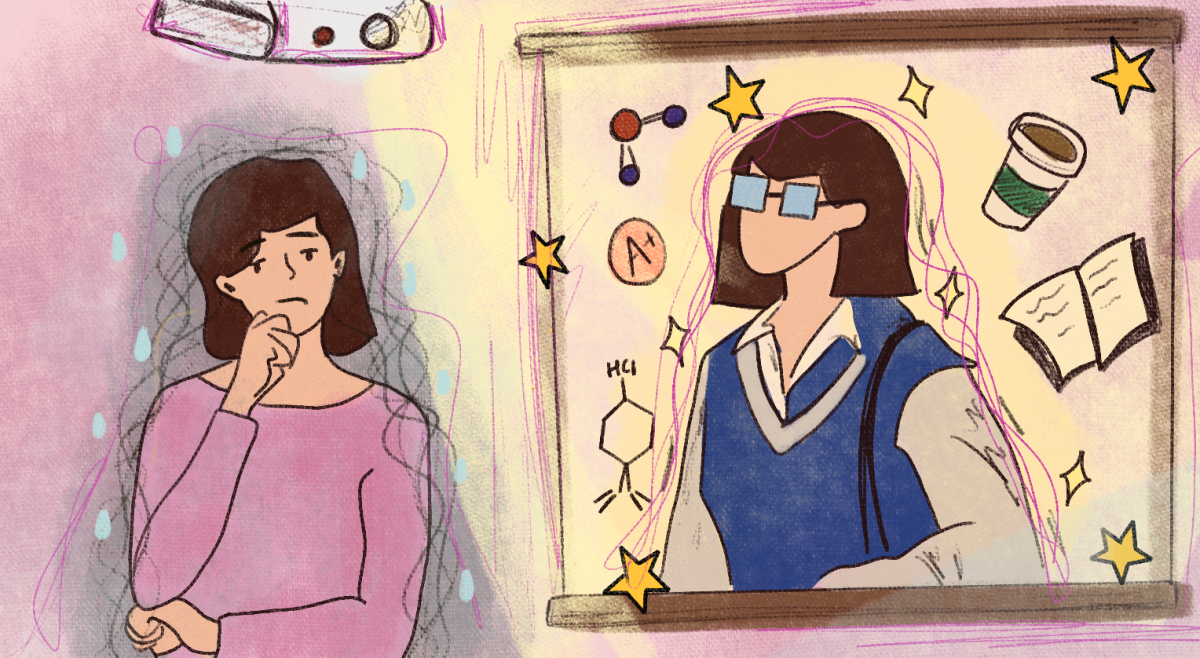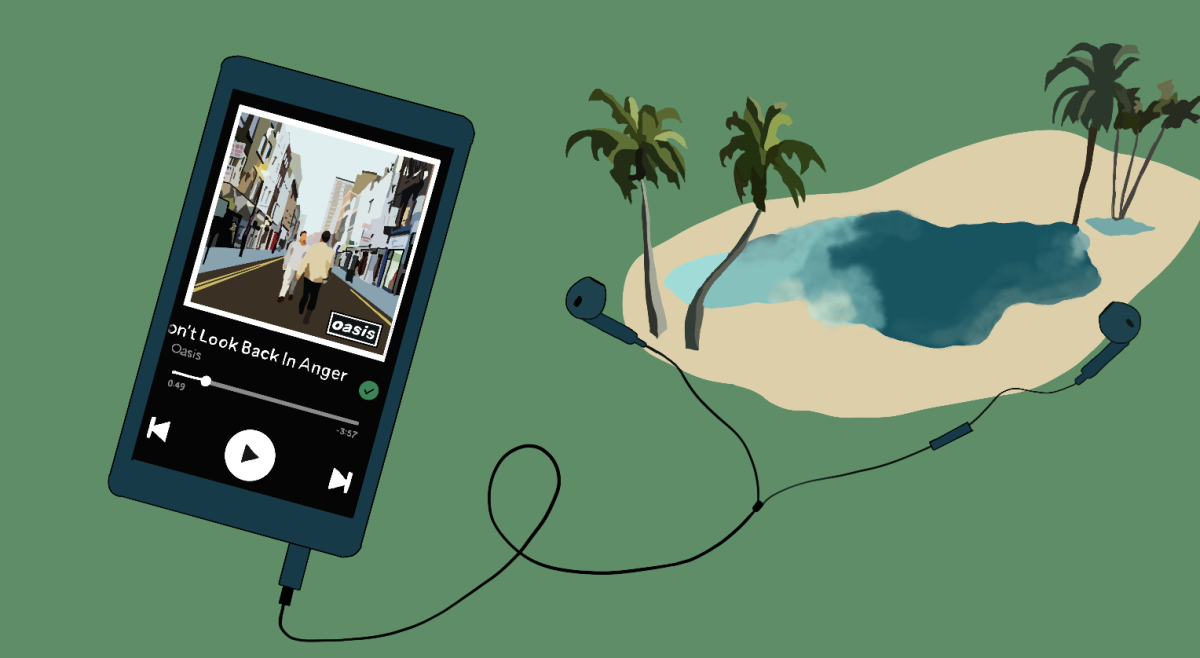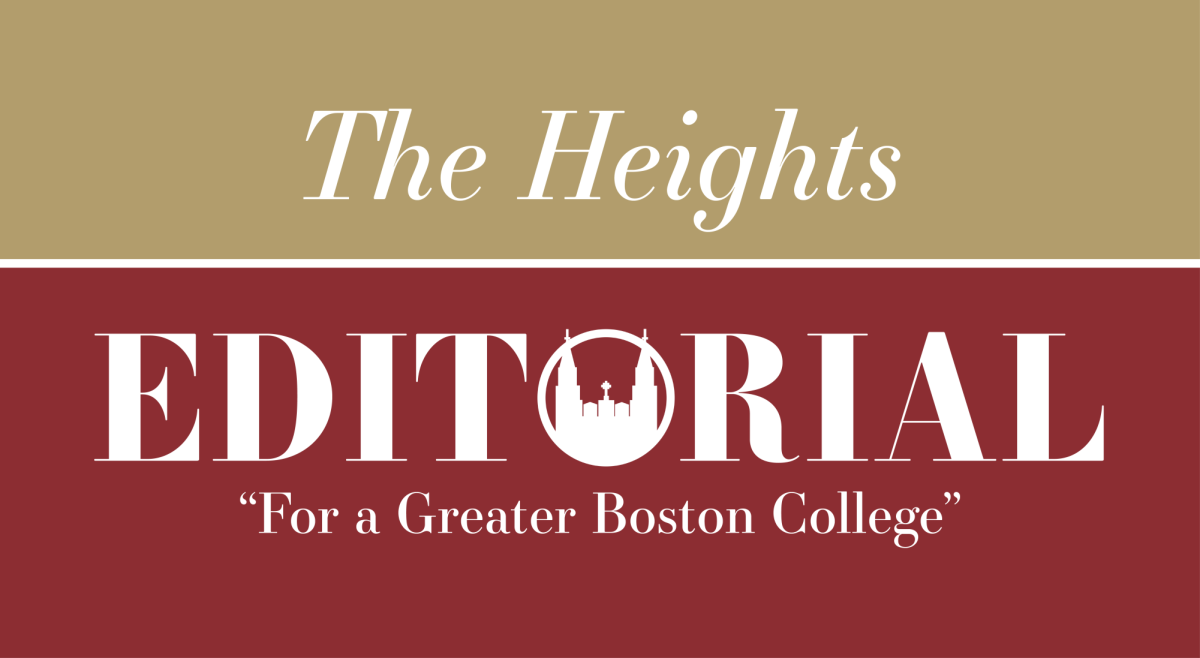2008 isn’t a year that inspires too much nostalgia in Americans. The global financial crisis and Iraq War don’t exactly make us yearn for “the good old days,” but there was one thing about that year worth remembering with a bit of blissful sentimentality: the presidential race. We didn’t know it at the time, but McCain vs. Obama, with the exception of the Palin debacle, was a treat for the American people. There were no scandals over classified emails and campaign money of questionable origins, no crude, insulting debate exchanges, and, relative to the election of 2016, there was very little anger. It was an election of optimism, despite the desperate state of the country—optimism inspired by two competent and respectable candidates up for election. Now, almost a decade later, with America rebounding economically and having extracted herself from a good deal of the foreign conflict that defined 2008, where is that optimism?
Somewhere in the eight years between then and now, it went up in a giant cloud of fearful smoke. Perhaps it was with the rise of ISIS in the Middle East and with the creation of an entirely new, highly publicized terrorist threat. Perhaps it is a product of the American economy’s not recovering from the crisis of 2008 as rapidly as many voters expected it to. Perhaps it is not related to any specific, recent occurrence, but instead a culmination of a decades-long disenchantment with the American political system, built upon a generation of unrealized promises and undelivered reform. Or, perhaps it is because there are no presidential candidates who actually inspire optimism.
To the presidential hopefuls of 2008, who crisscrossed the country delivering speeches and meeting for respectful, substantial debates, this year’s election would seem ridiculous. If John McCain and Barack Obama of eight years ago were reproduced and thrown onto the current political stage, would they not find it absolutely foreign, and not a little unnerving? Would they not look on the blustering candidates on both sides of the aisle, shouting their infeasible ideas at maximum volume and with minimum detail into a rioting crowd, as empty-headed demagoguery? Would they not wonder why the candidates aim not to inspire their voters, but to terrify them? This year’s election is being widely referred to as an election of fear. Would they not wonder where the calculated optimism of the American people, which bore Barack Obama to a historic victory in 2008, has disappeared to?
The optimism of 2008, in hindsight, hinged heavily on the quality of the presidential candidates. A certain level of trust between the American people and the establishment they were in the process of electing elevated what would have been an otherwise bleak situation to a potentially bearable one. This is a remarkably different situation than today’s, in which Hillary Clinton, the supposedly de facto standard bearer of the Democratic Party, has seen her levels of trust fall to an unelectably low level after various scandals, and Donald Trump, the leader in the Republican primaries, inspires genuine fear in a significant amount of the populace.
Consider, also, how this year’s candidates use rhetoric. The nominees of 2008 tried to earn votes in an entirely different way than the angry pulpiteering we see today—they made people proud to cast their ballots and made them believe there was a future for America. The candidates of 2016 preach panic. They preach that America is headed toward destruction if we don’t elect them quickly and angrily. But is that really the case?
America already hit her relative low. She hit it eight years ago when the economy was in shambles, the military was caught up in a costly, unpopular Iraq War, and the people were overwhelmingly disappointed in the leadership they had chosen. Since then, America has withdrawn a huge portion of troops from Iraq and exited Afghanistan entirely, and the economy, though not back where it was at the height of its 21st-century boom, is on its way to full recovery.
Why, then, are people so incredibly pessimistic, and so incredibly prone to political fury? Perhaps a new outlook is necessary. The vague anger that has defined this election was always there, hanging around the fringes of politics, but the general disappointment with the current crop of mainstream candidates has been forced into political relevance. A Democrat, for instance, who wants to vote for Hillary Clinton but cannot fully trust her, is left with only one option if unwilling to cross party lines. That option is Bernie Sanders, a socialist. And on the other side of the aisle, a voter who aligns with Jeb Bush ideologically but cannot bear to watch him stumble hopelessly down the campaign trail is faced with an equally extreme set of alternative candidates.
Perhaps the American people were not asking for a “political revolution,” to use a trademark phrase of Sanders. What if it’s the only option they’re being given? Candidates that represent the huge portion of the electorate that normally sits somewhere in the ideological center are dropping like flies, succumbing to scandal and insurmountable flaws of personality. And as they go, the chance for an alternative to extreme policy goes with them. Had the American people been presented with another clean, Obama-McCain-style matchup, the grassroots extremism and rhetorical vulgarity that is ruling this election would have remained on the fringes of politics, grossly overshadowed by respected ideologies of the reasonable left and right
No wonder American optimism has been supplanted by rage. An election of this polarity, stranding such a large amount of the moderate electorate in limbo, is hard to be optimistic about. McCain-Obama, we miss you.
Featured Image by Matthias Schrader / AP Photo












